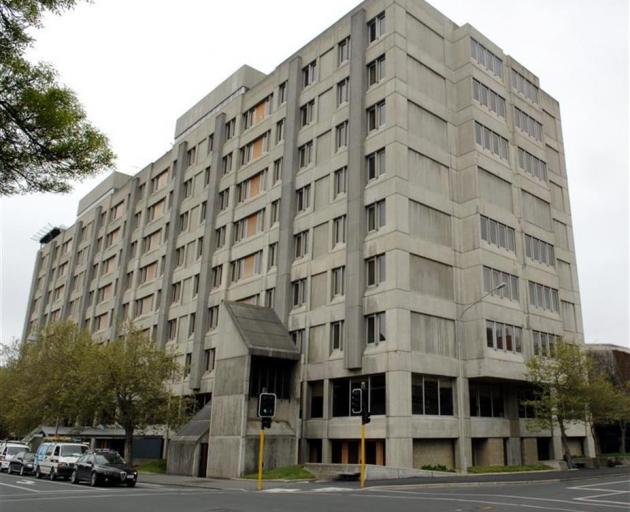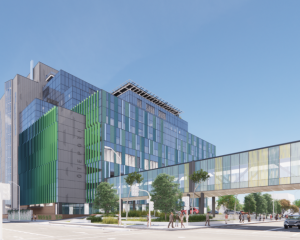
The Otago Daily Times has attempted for two years to obtain the Southern District Health Board’s adverse events report from 2020, and has also asked for the 2021 document.
The board was disestablished earlier this year due to the government’s health reforms, and it seems that the bureaucratic processes involved have so far stymied the release of the reports.
Adverse events are incidents when patients are unintentionally harmed while in DHB care and cover a wide range of mishaps from infections and falls to fatalities.
The reporting process was regarded as an important one by clinicians, partly because of transparency and accountability to the community, but also because it could identify individual or systemic faults and highlight areas where future staff training would be advisable.
The process was overseen by the Health Quality Safety Commission and most, if not all, DHBs released some kind of report.
The last SDHB report, released in November 2019, highlighted 48 adverse events, seven of which involved patient deaths and one of which concerned the way a family had been advised of a death.
In 2018 it had 66 adverse events.
Release of the 2020 report had initially been delayed by Covid-19: the HQSC said that it no longer required it so as to assist with decreasing pressure on the relevant DHBs.
The ODT understands that the report exists, but that the SDHB was unsure about the procedure for it to be released in light of the HQSC decision.
In response to a further Official Information Act request from the ODT Te Whatu Ora Health New Zealand Southern interim regional director Hamish Brown said that since 2020 it had become a DHB, and now a HNZ decision on whether to release the documents.
"As a district, and nationally, the quality teams are waiting for direction from the new leadership structure as to the nature of the documents provided and the timing of the release of same."
Mr Brown said that the decision to delay release was to prevent inconsistencies in information available to different districts.
"While we, as a district, support the transparency we are awaiting a co-ordinated instruction."
In 2018 the then SDHB chief medical officer Nigel Millar said that the board regularly benchmarked itself against New Zealand and Australian organisations, and that its death rate during care was average.
"We do not stand out as having a significant problem with mortality, but it is something we watch very closely and monitor," he said.
"When someone enters hospital, particularly for a planned procedure, and ends up dying, that is terrible and an important issue for us to follow through on."
Dr Millar said the number of adverse events in the southern health system was small compared to the huge number of successful treatments, but every adverse event was a person who had been affected by the SDHB’s treatment and that was one too many.
"We are still learning from the events that we know about and that is the important thing, that we are taking them seriously and responding to them."












